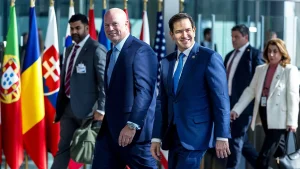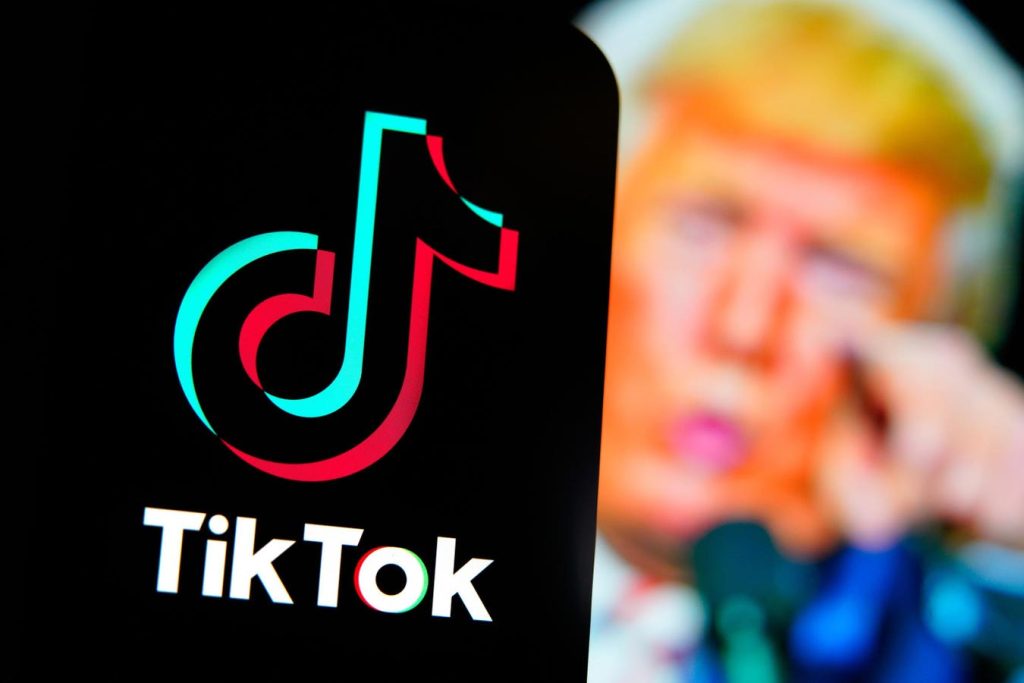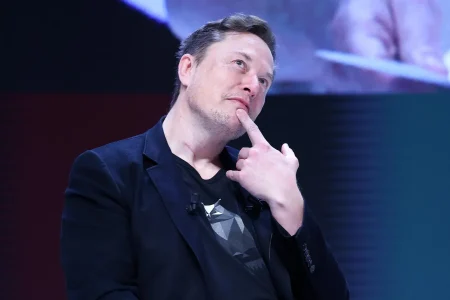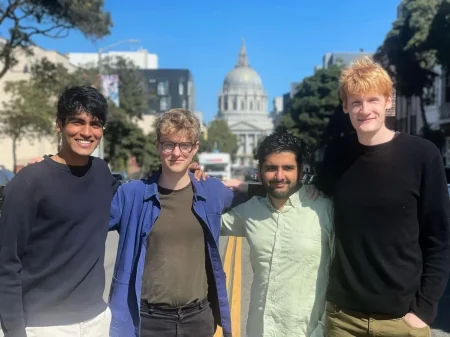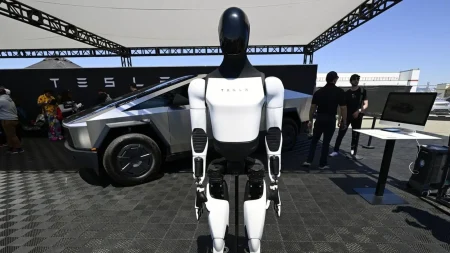Trump’s TikTok Deal: A Complex Solution to a National Security Concern
In a significant shift from his earlier stance, President Donald Trump has approved a deal that will allow TikTok to continue operating in the United States, albeit under new ownership. Rather than demanding a complete severance from ByteDance, Trump has signed an executive order approving the sale of a majority stake in TikTok’s U.S. operations to a consortium of American investors, many of whom have ties to the president. This decision comes after years of concerns about TikTok’s data privacy practices, including revelations that ByteDance employees in China had access to American users’ private information and even used the app to spy on journalists investigating the company. While the White House presented this as a victory for national security, many details remain unclear, including what will happen to ByteDance’s other popular U.S. apps like CapCut and Gauth, which fall under the same law that mandated TikTok’s divestiture. Despite CapCut’s billion-plus downloads and Gauth’s position as the top-rated education app in the Apple App Store, the administration has been silent on their fate, raising questions about whether Trump will continue to ignore Congress’s mandate regarding these applications or finally enforce a ban.
The deal’s effectiveness in addressing national security concerns remains uncertain. Vice President J.D. Vance claimed at the press conference that Americans can now use TikTok “with more confidence” because “their data’s going to be secure and it’s not going to be used as a propaganda weapon.” However, critical questions remain unanswered. While ByteDance will supposedly lose access to new user data going forward, White House officials have said nothing about what happens to the vast amount of data already collected. Perhaps more concerning is the revelation that ByteDance will retain ownership of TikTok’s recommendation algorithm—the core technology that powers the platform’s addictive “For You” page—and will merely license it to the new U.S. entity. This arrangement seems to contradict the law’s requirement that after a sale, the new TikTok should have “no operational relationship” with ByteDance, “including any cooperation with respect to the operation of a content recommendation algorithm.” The type of license agreement matters significantly: some software licenses allow licensees considerable freedom to modify code, while others impose strict limitations. Without these details, it’s impossible to know whether the deal truly severs the relationship between the new U.S. TikTok and ByteDance as Congress intended.
The path to this moment has been marked by political inconsistency. Trump was initially the first president to demand ByteDance sell TikTok’s U.S. operations or face a ban—a position later adopted by President Biden and codified into law with overwhelming bipartisan support. Yet after the law passed, Trump reversed course during his reelection campaign, promising to “save TikTok” from the very ban he had originally championed. Now, as president-elect, he has announced a deal that appears designed to allow TikTok to continue operating with minimal disruption, despite the national security concerns that prompted legislative action in the first place. The law requires any divestiture to be a “qualified” one, but leaves it to the president to determine what qualifies—a discretion that deal proponents have emphasized repeatedly. Skeptics question whether this arrangement adequately addresses the underlying security concerns, especially given that Trump instructed his Department of Justice to ignore the law for nine months before announcing this solution.
This TikTok deal emerges against a backdrop of unprecedented media consolidation and growing concerns about political influence over news organizations. Recent months have seen the Trump administration involved in several high-profile media developments: CBS News parent Paramount merged with Skydance, founded by the son of Oracle’s Larry Ellison (whose company is now set to take partial ownership of TikTok), shortly before canceling Stephen Colbert’s show; ABC News paid Trump $15 million to settle a defamation lawsuit many legal experts considered weak; and ABC suspended comedian Jimmy Kimmel following veiled threats from an FCC chair, a move Trump publicly celebrated. These events have created a climate of concern that the TikTok deal represents yet another effort to place a major media platform under the influence of Trump’s political allies. The consortium set to take control reportedly includes Oracle, venture capital firm Andreessen Horowitz, and Fox News’ Lachlan Murdoch—raising fears that TikTok could be reshaped to reflect their political views, similar to the transformation Elon Musk brought to Twitter/X.
At the press conference announcing the TikTok deal, Trump remarked that he would make the platform “100% MAGA if I could, but it’s not going to work out that way, unfortunately.” This statement has done little to allay fears about potential political manipulation of the platform’s content. However, attempting to dramatically reshape TikTok’s content ecosystem would likely trigger significant user backlash and advertiser concerns, potentially harming the platform’s revenue. Recent experiences with other media platforms suggest there are limits to how much companies can alter their content mix before alienating their audience. The question remains whether TikTok’s new leadership will prioritize maintaining the platform’s current appeal or attempt to influence its political orientation. As this situation continues to develop, Americans are left wondering whether this deal truly protects their data and preserves TikTok as they know it, or whether it simply transfers control from one powerful entity to another without resolving the underlying concerns that prompted congressional action in the first place.
The TikTok saga illustrates the complex intersection of national security, technological innovation, and political influence in our digital age. While the deal may allow millions of Americans to continue using a platform they enjoy, serious questions remain about whether it adequately addresses the legitimate security concerns that prompted bipartisan legislation. As more details emerge in the coming days, the true nature of this arrangement—and whether it represents a solution or merely a postponement of the underlying issues—will become clearer. For now, TikTok users can continue scrolling through their For You pages, even as the ownership and control of the algorithm determining what they see undergoes a dramatic behind-the-scenes transformation with potentially far-reaching implications.
